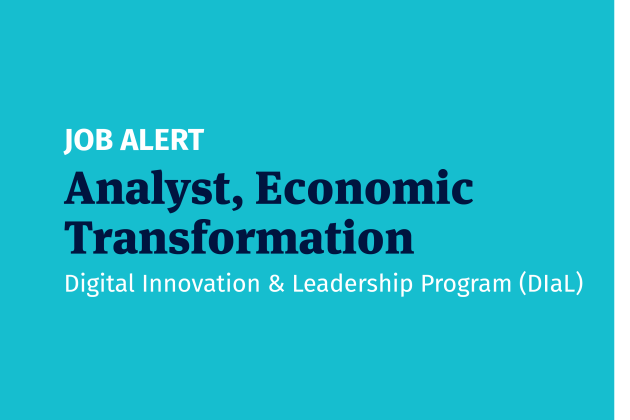
Despite massive strides made over the last several decades in the fight for gender equality, the research is clear: women still make less than men. Specifically, women earn eighty-seven cents to every dollar made by men, according to Statistics Canada – and, after analyzing compensation across their own company, the team at Vancouver-based software startup Unbounce realized they were also dealing with a gender wage disparity. The company took immediate steps to close the gap, and spent the next two years developing systems and processes to reduce the chances of it happening again. Now, they’ve launched Pay Up for Progress, an initiative that shares learnings and aims to inspire other companies to follow suit.
“While the gender pay gap in Canada has improved over the past decade, we’re seeing research that suggests COVID-19 has exacerbated inequalities in the workplace and started to eat away at the progress we’ve made,” says Leslie Collin, Vice President of People and Culture at Unbounce. “According to a recent McKinsey report, if we’re not intentional about our actions we will see decades of progress for gender equality in the workforce wiped out in a single year.”
Pay Up for Progress acknowledges that most companies probably know the gender pay gap exists, but don’t know where to start – or feel they lack the resources – to move the dial. But reversing the gender gap is all about restoring resources – because companies that prioritize pay parity see increased productivity, more engaged employees and lower turnover. It happened to Unbounce, and it can happen to other companies that do the work… and it all starts with taking a pledge towards progressing equal pay.
In 2017, Unbounce’s People and Culture team had already established a solid understanding of the company’s compensation strategy and pay policy. After accessing market salary data for the software industry, the team created pay bands for every role; defined development skills within each band, as well as explicit criteria that employees are required to meet at each development level; educated hiring managers on salary standards and pay policy to offer prospective employees a fair salary negotiation; and developed an objective evaluation system to assure consistency across the organization. After running an analysis of the system in 2019, the team confirmed that gender was no longer a factor in determining salary at Unbounce.
Pay Up for Progress doesn’t ask companies to be perfect – it simply asks them to commit to completing a gender pay parity analysis and outlining a plan of action. Companies that take the Pay Up for Progress pledge benefit from Unbounce’s Pay Up for Progress toolkit, which includes step-by-step instructions to achieve equal pay in the workplace; access to live workshops hosted by advocates and experts; and entry to a network of fellow pledged companies that offer real-time support and accountability.
“Anyone can participate in the battle for pay parity, not just companies. People can talk to their CEOs, leaders and heads of HR about conducting a compensation analysis and making a public commitment to prioritize equal pay,” suggests Collins. “Also, people should get curious about their own compensation – ask yourself how much you really know about how your organization pays salaries. If the answer is ‘not much’, ask the HR department or your manager. If you’re fuzzy on the details, others might be as well, and that one question might be the first step your company takes towards milestone action.”
Take the Pledge
To learn more about Pay Up for Progress, or to take the pledge, visit unbounce.com/pay-up-for-progress.
View the Pledge



